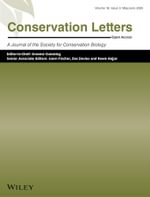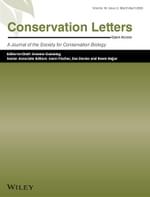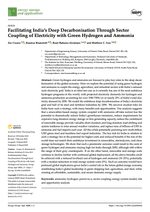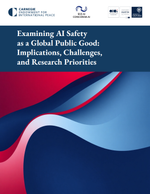Nature Sustainability
Choquette-Levy, N., Wildemeersch, M., Santos, F.P. et al. Prosocial preferences improve climate risk management in subsistence farming communities. Nat Sustain (2024). https://doi.org/10.1038/s41893-024-01272-3
View Journal Article / Working PaperSeveral governments have tested formal index-based insurance to build climate resilience among smallholder farmers. Yet, adoption of such programmes has generated concerns that insurance may crowd out long-established informal risk transfer arrangements. Understanding this phenomenon requires new analytic approaches that capture dynamics of human social behaviour when facing risky events. Here we develop a modelling framework, based on evolutionary game theory and empirical data from Nepal and Ethiopia, to demonstrate that insurance may introduce a new social dilemma in farmer risk management strategies. We find that while socially optimal risk management is achieved when all farmers pursue a combination of formal and informal risk transfer, a community of self-interested agents is unable to maintain this co-existence under rising climate risks. We find that a combination of prosocial preferences—moderate altruism and solidarity—helps farmers overcome these concerns and achieve the social optimum. In our model, behavioural interventions that cue such preferences can reduce farmer expected losses by 26% and save approximately 5% of community agricultural income through reduced premium subsidies under climate risk levels likely to emerge in the coming decades.




